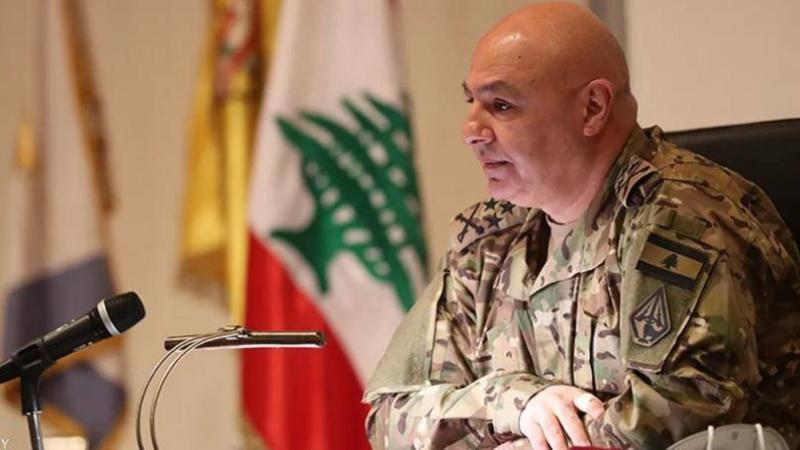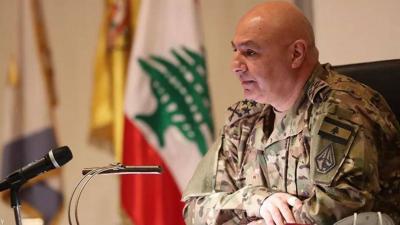General chaos is no longer permissible, and although the international community shows little concern for the Lebanese file, it remains interested in maintaining security stability by supporting military and security institutions, fearing a potential loss of control at any moment, especially with entities deliberately escalating political tensions to the utmost limits by playing on the edge of the abyss. In this context, information indicates that the Paris meeting, which expanded from a quadrilateral to a quintet at the level of advisors and foreign ministers, is not intended to discuss the election of a president, but will primarily focus on supporting the Lebanese people and security institutions, as they remain the last vestiges of legitimacy tasked with preserving security and stability as much as possible to prevent the country from falling into a dangerous abyss.
In this regard, information from "Akhbar Al-Yawm" agency pointed out that Speaker of Parliament Nabih Berri will not call for repetitive and futile presidential sessions, as demonstrated by the invitation to committees for a joint session next Thursday. This situation will persist until Berri feels a presidential breakthrough different from the current tedious status quo.
Based on the recent meeting in Clemenceau, which brought together a Hezbollah delegation and former MP Walid Jumblatt, well-informed sources confirm to "Akhbar Al-Yawm" that Jumblatt is keen to avoid involving the army in the political market, which could tarnish the image of its commander, General Joseph Aoun. This suggests that Jumblatt has presidential calculations in mind, alongside an acceptable external environment. Moreover, Jumblatt does not oppose Aoun's ascendancy, provided he garners broad consensus and proves capable of rescuing the country from its current political and sectarian conflicts. However, achieving this requires a constitutional amendment that is difficult to enact unless there is a consensus similar to what occurred during the election of President Michel Sleiman after the Doha Agreement.
According to the sources, Jumblatt is pushing for the nomination of MP Michel Moawad, while for Jumblatt, the leader of the Marada Movement, Sleiman Frangieh, represents a symbol of the vertical division the country is experiencing, and he would pave the way for a resurgence of Syrian control over Lebanon, thus not being a unifying president. Therefore, according to these sources, crucial and sensitive times demand maintaining the unity of military institutions and protecting them from divisions, primarily depending on General Aoun's success in this task and the need for a swift resolution that fills Maronite positions without inflaming sectarian instincts. This is the path Jumblatt is currently pursuing.




